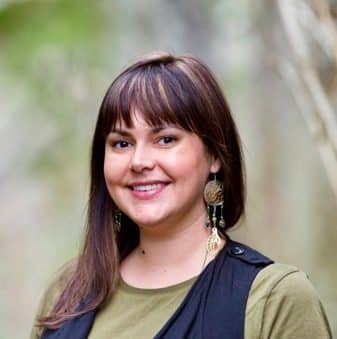Wednesday, June 23 2021
7:30pm – 8:30pm PST / 10:30pm – 11:30pm EST
Watch the recording on YouTube
The COVID-19 pandemic has served as a flashpoint for human rights and civil liberties, with many communities fighting for vital public health measures. Addressing the social determinants of health, such as race, class, gender, housing, colonialism, disability, age, working conditions, and immigration status, are essential for a meaningful public health response to COVID-19.
Over the past year, the BCCLA collaborated with or supported the work of various individuals and organizations to ensure no one was left behind in Canada’s public health response. We’ve organized a panel to highlight that work and give the speakers a chance to reflect on the impact of the pandemic on some of the most important human rights and civil liberties issues affecting vulnerable and oppressed people across Canada, particularly Black, Indigenous, and racialized communities. The panel will explore how the pandemic impacted a range of crucial civil liberties and human rights issues such as Indigenous title and rights, migrant justice, systemic racism, sex worker rights, policing and criminalization, prisoners’ rights, and democratic rights during the pandemic.
Panelists:
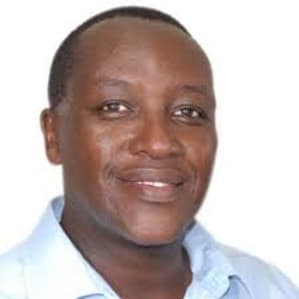
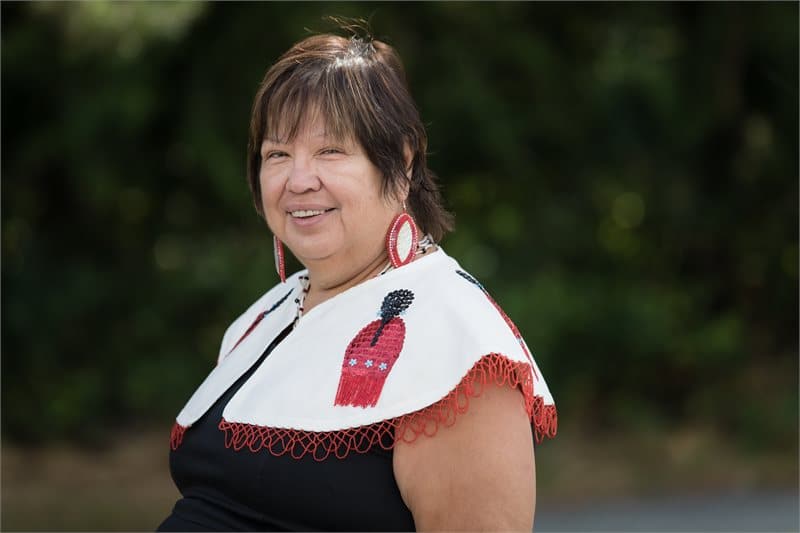
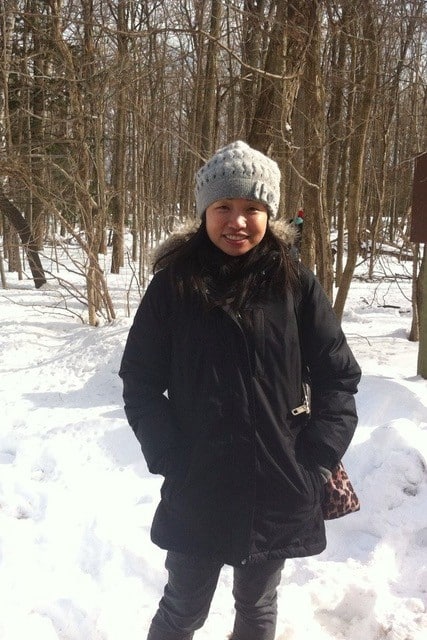
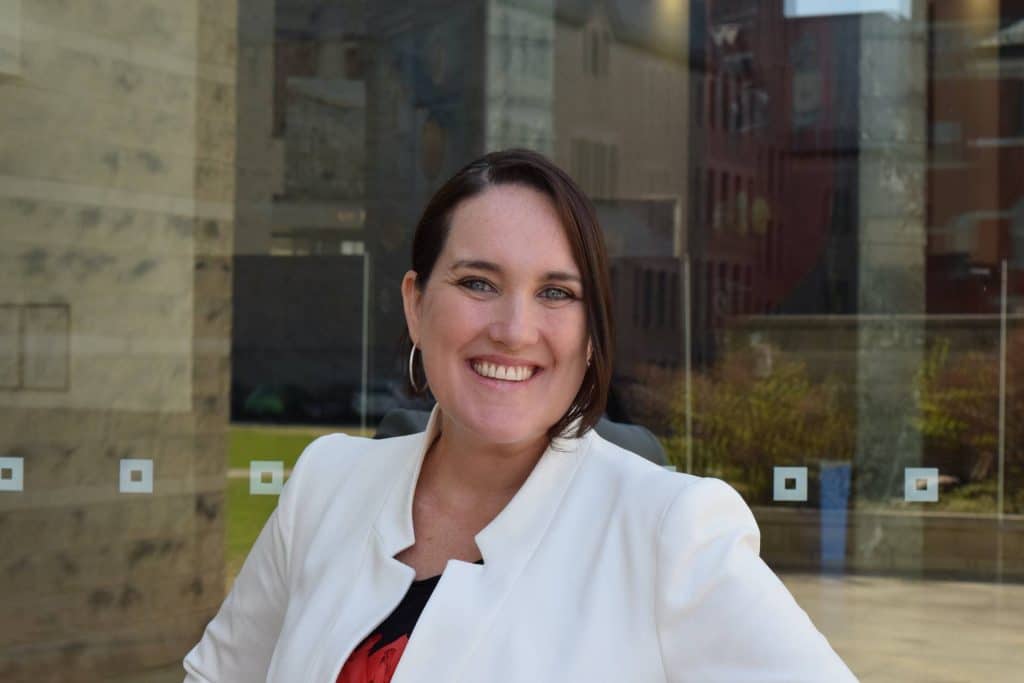
Moderator:
Veronica Martisius is Staff Counsel (Policy) at the BCCLA. She joined the BCCLA as an articled student and was called to the Bar in May 2021. Veronica is Mohawk (Wolf Clan) from Grand River territory.
Veronica attended law school at UVic where she was an active member and co-chair of the Indigenous Law Students Association, completed a cop-op term with the Indigenous Law Research Unit, and was a student participant in ĆELÁṈENEȽ: A Field Course in the Re-emergence of W̱SÁNEĆ Law.
Prior to attending law school Veronica was support worker with the Victim Services of Brant and the Ministry of the Attorney General’s Victim/Witness Assistance Program in Ontario. She also completed her Master of Arts degree at the University of Guelph where she researched and wrote about the over-incarceration of Indigenous peoples and the establishment of Gladue or Indigenous persons courts in territories occupied by the Canadian state.
Veronica is passionate about Indigenous rights, human responsibilities, and approaching her work with a good mind in accordance with the Great Law of Peace.
A special thank you to the Canadian Race Relations Foundation, the British Columbia Government and Service Employees’ Union, and Canadian Union of Public Employees BC for making this virtual panel possible.
 |
 |
 |


